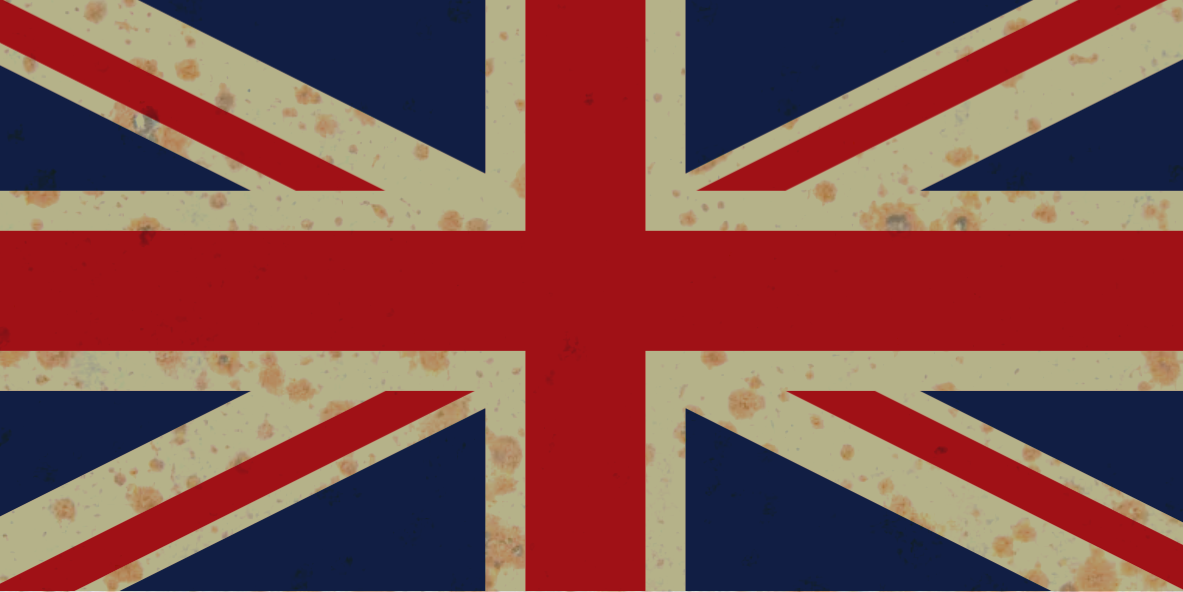The British Empire
Under the Reign of Reason and Steam
By 1851, the British Empire stands not only as the most powerful political entity on Earth but as the epicenter of a technological and philosophical revolution. No longer guided by the traditions of aristocratic privilege or imperial stagnation, the Empire has become a dynamic technocracy ruled by invention, logic, and industrial momentum.
This transformation began with the completion of Charles Babbage’s Difference Engine in 1824, and it culminated in a series of radical political and cultural upheavals that utterly redefined Britain’s trajectory.
The Babbage Revolution & Political Upheaval
The invention of Babbage's analytical engine — a machine capable of complex computation and autonomous logical processing — sparked more than just a scientific revolution; it toppled the old world order.
In the 1830 general election, Babbage and a cadre of progressive industrialists, scientists, and reformers backed the newly formed Industrial Radical Party, led by none other than Lord Byron , famed romantic poet and statesman.
Their triumph over the reactionary Tory government of the Duke of Wellington sent shockwaves through the Empire. Wellington, alarmed by the rise of mechanization, urban unrest, and philosophical upheaval, staged a coup d'état to halt progress and restore the old order. But the coup failed. Wellington was assassinated in 1831, and with his fall came the final death knell of hereditary privilege as the basis of power.
In a dramatic shift, trade unions—once feared as centers of unrest—were embraced as partners of progress, helping to install and support the new technocratic-socialist coalition that emerged from the Industrial Radical Party.
Social Transformation
Britain’s social fabric was rewoven under the Industrial Radicals. The peerage was decoupled from bloodlines and tied instead to merit in scientific and industrial achievement. Engineers, inventors, and philosophers became the new nobility — the Savants. Figures like:
- Isambard Kingdom Brunel, Master of Infrastructure and Steam.
- Charles Darwin, Lord of Natural Philosophy.
- Ada Lovelace, Countess of Computation.
…were elevated to the House of Lords not by lineage, but by brilliance. This cultural recalibration obliterated the old class order and replaced it with a meritocratic hierarchy of intellect and innovation.
Education followed suit. Classical studies waned, while engineering, natural science, computation, accountancy, and mechanical arts became the core of the national curriculum. The elite schools of the Empire now turned out steamship architects and difference-engine programmers rather than Latin poets and theologians.
Technological and Military Supremacy
Britain became a pinnacle of invention. The combination of Babbage Engines, steam power, and precision engineering led to the creation of many wonders, including new advanced machines of war.
The military became not just larger, but quantitatively superior — disciplined, analytical, and technologically invincible. Entire colonial territories could be subdued with a fraction of the manpower once required.
The Royal Army enforces Britain’s will from the African Resource Territories to the icy harbors of Canada. Its greatest asset, however, remains the Computational Corps, a unit of savants and logic technicians who can model entire battlefields with detailed analysis of all possible outcomes, effectively ensuring victory before a single shot is fired.
Global Power and Diplomacy
With the United States fragmented by internal disputes and slowed by resistance to industrial centralization, it was Britain that opened Japan to the West, deploying a diplomatic fleet of airships and offering the Shogunate mechanical wonders rather than threats.
Britain also maintains an uneasy dominance over continental Europe, where the Prussian technocrats and French mechanistes struggle to match British innovation. However, espionage and ideological countercurrents — including the spread of Promethian Trust agents and revolutionary syndicates — continue to challenge imperial unity.
A New Age of Empire
By 1851, the British Empire was not only the largest in the world — it was the most advanced civilization in human history. Its cities glowed with gaslight, pulsed with computation, and roared with the breath of massive engines. The old class distinctions were blurring, even if new ones had risen in their place.
Power flowed not from lineage or land, but from knowledge and invention.
And those who resisted progress were left in its wake, or crushed beneath its wheels.





Comments